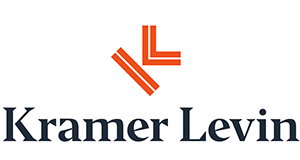Individual Donors and Institutional Funders
The entire field of development is built upon creating conditions that result in a match between the work of the nonprofit and the interests of institutional funders and individual donors. To the extent that a funder’s commitment to social change includes equity and equal opportunity, funders can influence not just nonprofit grantees but the sector at large and the profession. Put simply, nonprofit fundraising is deferential to donors, and organizational leaders will pay more attention to your words and actions than to those from any other segments of the sector.
- Institutional funders, particularly grantmaking foundations, have a bully pulpit and are in a prime position to help steer desirable equitable behaviors and organizational priorities.
- As foundations examine their grantmaking policies, identify where DEI-related practices and expectations fit into all funding priorities.
- Begin by publicly stating a preference to fund organizations with a strong, established framework for promoting DEI in the workplace, which will encourage organizations to adapt and respond.
- Actions like these will lead the way for fellow institutional funders and philanthropists to follow suit.
- As foundations examine their grantmaking policies, identify where DEI-related practices and expectations fit into all funding priorities.
- Donors, both institutional and individual, can be natural allies in the effort to educate their peers and, when necessary, have the conversations to change hearts, minds and behaviors. Engage in some form of DEI/Undoing Racism training to provide tools to do so, increasingly being offered by funder networks.
Return to the list of Recommendations









